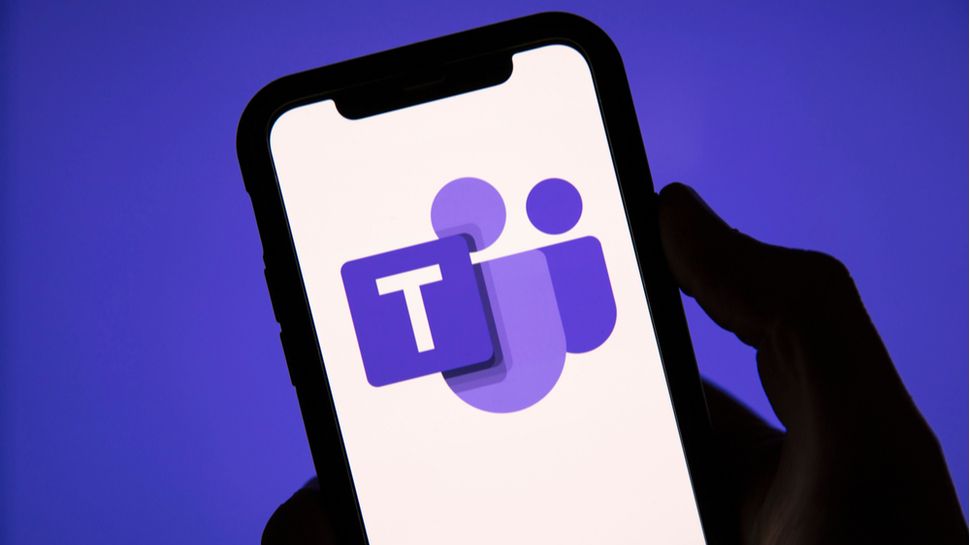
Microsoft is in the process of migrating a useful Teams feature to mobile clients, in a bid to support multilingual workers and help make international collaboration easier.
As revealed in two new product roadmap entries, Teams for iOS and Android will soon receive inline message translation, which is currently only available with the desktop version.
“Inline message translation in channels lets users translate channel posts and replies into their preferred language. To translate a message, press-and-hold the channel post or reply and then select ‘Translate’,” said Microsoft.
According to the roadmap, messages will be translated into whichever language the user has marked as default, but translation settings can also be changed via Settings > General Translation.
The translation feature is still undergoing testing, but is expected to roll out to smartphone users in July.
Microsoft Teams update
With the rise of remote working, companies have found themselves able to take full advantage of an international pool of talent. However, an increasingly multilingual workplace also comes with a few inherent challenges, communication chief among them.
By bringing the inline translation feature to mobile platforms, Microsoft will hope to plug a potential avenue for miscommunication, helping those that use a second language at work to double-check they have fully understood messages received over Teams.
With people from external organizations now able to join Microsoft Teams group chats, the translation feature could also help users communicate more effectively with international partners and clients.
The move to bring inline translation to Android and iOS is also part of a wider accessibility push. Since March 2020, Microsoft has rolled out a range of Teams features designed to ensure everyone is able to make full use of the platform, such as live captions, transcription and new meeting views.
Most recently, the company announced a variable playback speed feature for meeting recordings, which will be helpful to all users, but especially anyone that suffers from hearing loss or conditions such as dyspraxia.
No comments:
Post a Comment